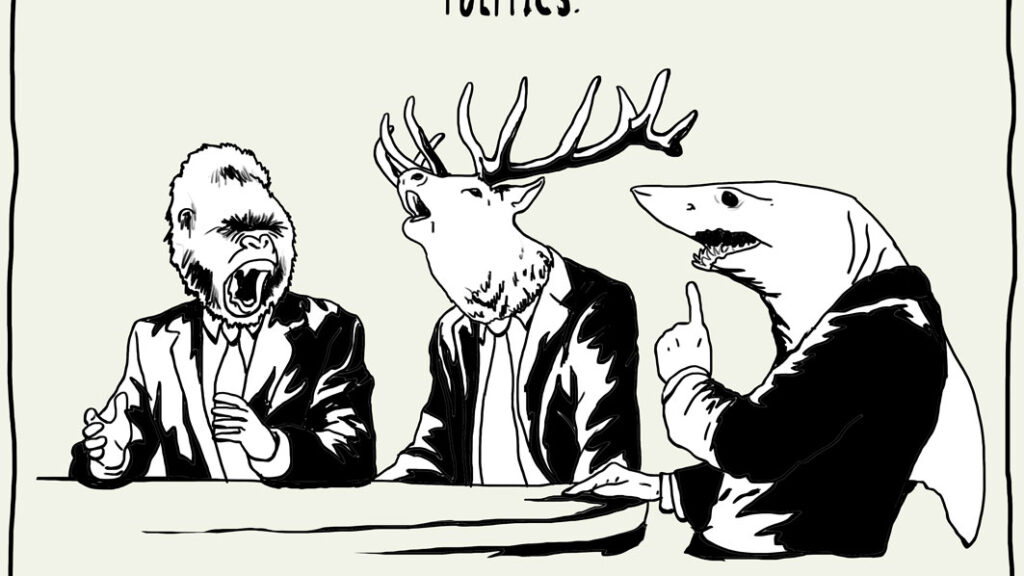A note from Brooke: This post is taking longer than anticipated, so I’m splitting it into two parts. This post will focus on where to find relevant research papers, while Part II will focus on the quality and legitimacy of those articles.
For most of my life, I struggled with the assumption that people with letters after their name are not only smarter, more powerful, and more successful than me, but that the research they create is gospel. I’m not sure when or how this load-of-crap seed was planted, but it’s lead to a lifelong feeling of inadequacy—especially throughout my twenties. Doctors and scientists were busy saving lives and stumbling across eureka. Meanwhile, I made stupid cupcakes for a living and couldn’t afford health insurance.
My assumption that all doctors and research belonged on a pedestal is part of why I so easily accepted their mental health diagnosis. I knew I was depressed, but what did I know about how to fix it? A doctor told me that my brain was broken and that the pills I was taking did not have any major side effects. Who was I to question someone who spent 12 years learning how to identify and treat my exact problem?
It is only since getting off the antidepressants that I’ve begun to understand how complicated, political, and often corrupt the medical and research system actually is. And this isn’t conspiracy. Bad science is everywhere—The Guardian even has an entire vertical dedicated to it.
While researchers are adept at sorting out bad science from the good, regular folk rarely known the difference, which can lead to a plethora of misinformation and ill-informed opinion. But I’ve learned a few basic strategies to help us plebians suss out the good from bad. This is by no means foolproof, but it’s a start.
Where to find research papers
PubMed is a free search engine that primarily accesses the MEDLINE (Medical Literature Analysis and Retrieval System Online) database of research on life science and medical topics. It allows you to sort by a variety of matches, including author, publication date, and journal. It also has a nifty search feature that will only give you results that include free full text. Unfortunately, the full text of many research papers are hidden behind paywalls, which leaves the average person stuck with nothing but abstracts.
Google Scholar is…well, the Google of research. Whether you’re looking for research on antidepressants or conifer trees, Google Scholar is the grand poobah of scientific information. However, because Google Scholar is a search engine and not a subject-dedicated database (like PubMed), Google Scholar strives to include as many journals as possible, including junk journals and predatory journals. These predatory journals are known for exploiting the academic publishing business model, not checking journal articles for quality, and pushing agenda even in clear cases of fraudulent science.
All this to say that before a paper is read, the reader needs to do a bit of due diligence to make sure that what they’re reading is legitimate. Even then, we can’t be 100% sure. Case in point: Andrew Wakefield’s fraudulent research claiming that vaccines cause autism.
I know, I know. The number one rule in research is: don’t use Wikipedia as a source. Any old geezer (including you) can log on to Wikipedia and change an entry (any entry) to say anything and everything, which means that Wikipedia is riddled with errors and should not be referenced as truth in a research paper or reported article. But since we’re not reporting for the New York Times, Wikipedia is a good place to start because of the references listed at the bottom of each Wikipedia entry. The Wikipedia page on Antidepressant Discontinuation Syndrome, for example, links directly to 27 different sources on the topic. Whether or not all these references are legitimate is another issue entirely, and one that I will get into tomorrow when we explore Part II: How to tell if a journal article is legit.
—
As always, please keep in mind that like you, I am learning as I go. These are complicated topics that even experts don’t agree on. We’re all doing the best we can.
More articles from the blog
see all articles
October 28, 2022


